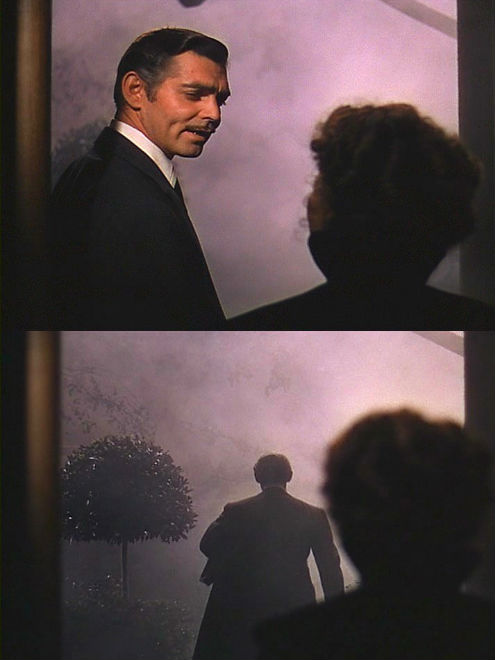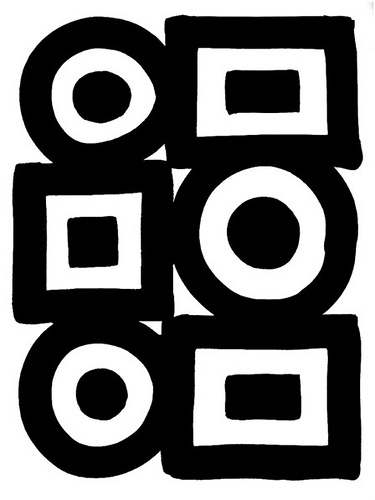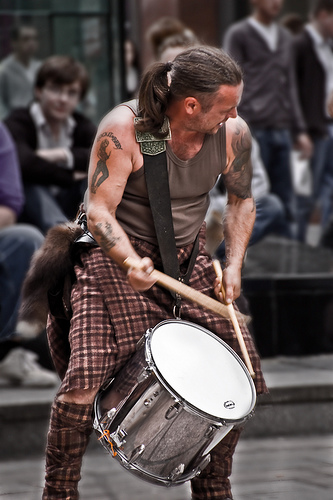Words aren’t something that spring to mind when we think of the Oscars: maybe gowns, bling, best performances, best direction and best pics. But there are a lot of interesting words going on there too: in the speeches, and in the movies themselves. For example: Who stole the show at the Oscars in 1999 when one of the winners declared that “I would like to be Jupiter. And kidnap everybody and lie down in the firmament making love to everyone”? Who said the immortal words “Frankly, my dear, I dont’ give a damn”? And perhaps more to the point, who wrote those words? Who has received the most nominations for best screenplay writer? Who gave the shortest Oscar acceptance speech? And has anyone named Oscar ever won an Oscar?
Answers to these and other Oscar word trivia questions are below. And as for Sunday, “Fasten your seatbelts. It’s going to be a bumpy night…” Continue reading









